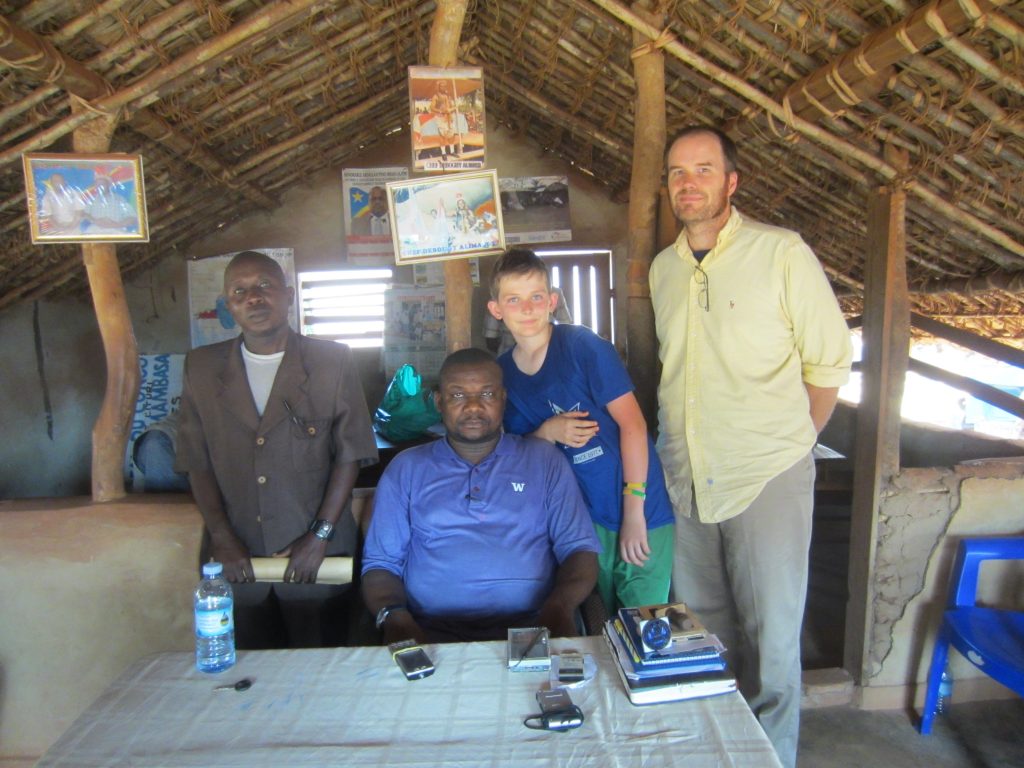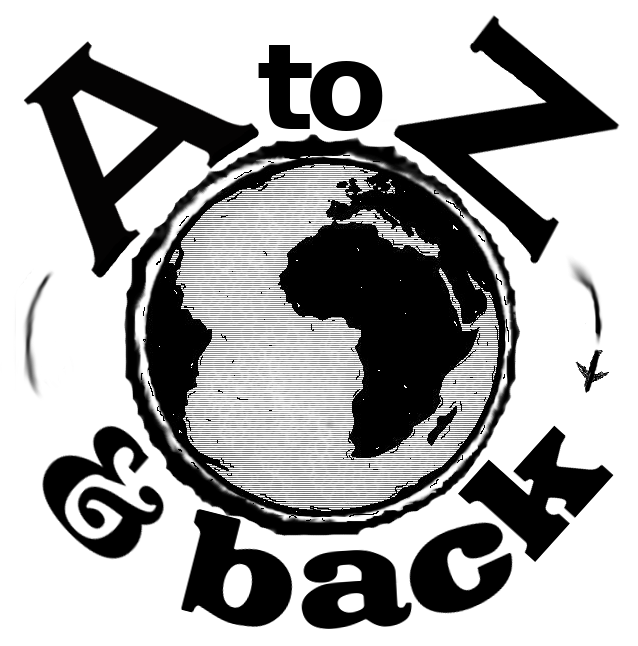I have found myself saying a number of times over the years, “I didn’t get into missions to do ___.” Fill in the blank with supervising other people, managing money, raising money, helping people get along with one another, keep my family in working electricity and water; there are so many things this can apply to.
One thing that is more necessary than you might think in Congo is paying respect to authorities. The first time I remember doing this, I was completely at the mercy of students of mine, who were taking me to their home area to present work we had done together on their language. I was surprised at this last minute stop along the road, then surprised that it was NOT optional (we were late, but they were clear that we had no option to just pass by). But then when the guy we were supposed to see wasn’t there, and after we had done due diligence in waiting for him (in the presence of his office staff, who could tell him how long we had waited), we finally moved on. Pardon me if I admit that the whole scenario sounded like just a bunch of posturing to me. But someone once said to me, that if you only have one thing you do, and someone takes that away, what do you have left? So the guy who puts a particular stamp on a particular form has to put his stamp on your form, or you’re denying his value (and his livelihood, where money is involved).
Fast forward to more recent times, and I’m much more comfortable schmoozing with bureaucrats. Partly because I know they really do have a lot of power, even if its different than the kinds of power I’d been used to. But also because I want to confirm and establish the legitimacy of what we’re doing, and this is not only the simplest and most straightforward way to do that, but also the right one (anthropologically speaking). And it’s also very validating to simply show them what we’re doing, and let them see the value of it.
The Ndaka chief pictured above was hard to get ahold of; I think this was our second or third visit to his office this trip. But all he had to do was see the vowel booklet that we’d done the time before, and he was smiling (but obviously not in the photo; never smile in a photo). Yes, he has lots of power, and spends lots of time traveling with other Congolese bureaucrats (at least based on how hard it was to see him). But show him an alphabet chart and vowel booklet in his language, perhaps the first printed materials he’s ever seen in his language, and he immediately gets the value of what we’re doing. I frankly doubt that he gets the eternal significance of our work. But it is clear that he got that there were people visiting him from another country, that were willing to come and work because they cared about him and his people. And that care communicated gave us an open door to do this work in his community.
A bit aside, I was curious to see that he had an office worker that I had met some seven years before, while doing alphabet work for that worker’s language. So in addition to the printed work in Ndaka for the chief, I also had a Nyali-Kilo man (and his employee) telling how I had been a part of this same work being done in his language. Given my reticence to put too much time and energy into hobnobbing, it’s great to see how God went before us, preparing our path to clearly communicating our good work in the community, based on our care for the community, so the leader of that community would give us the go ahead to keep it up. But then again, I’m not sure why I should be surprised by that, given the word on authorities:
Let every person be subject to the governing authorities. For there is no authority except from God, and those that exist have been instituted by God.
(Rom 13:1 ESV)



0 Comments